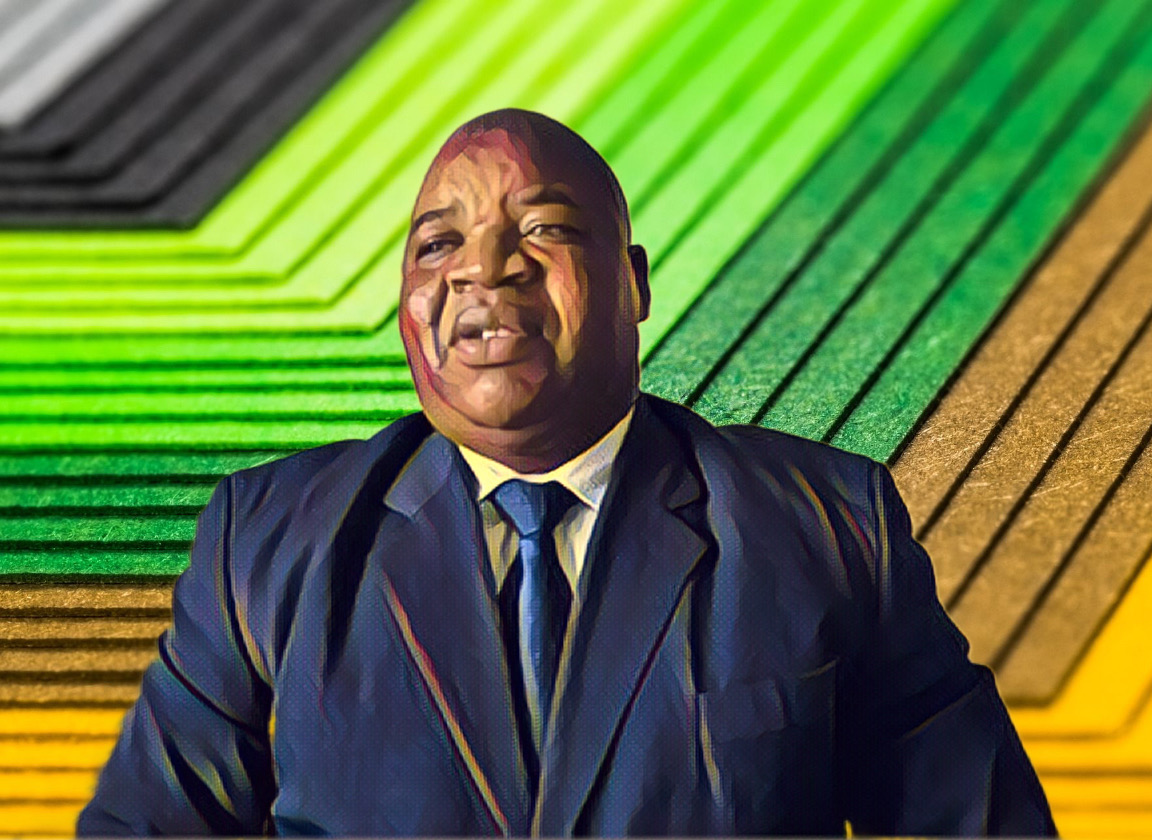Zanu PF, former Director General Dickson Dzora has reportedly been compelled to retire, ending his 23-year tenure amidst a series of corruption allegations and misuse of the party’s vehicle policy. This move underscores the ongoing challenges facing the party, marked by internal scrutiny and efforts to uphold integrity among its ranks.
Dzora’s retirement, which occurred a fortnight ago, was not without controversy. It followed public criticism from President Emmerson Mnangagwa, who expressed dissatisfaction with Dzora’s conduct at the party’s headquarters during a caucus meeting. Insiders suggest that the former Director General had been under fire for creating ghost workers to siphon off funds and exploiting the party’s vehicle policy for personal gain.
Sources close to the matter revealed that Dzora’s departure was effectively a directive from Mnangagwa, hinting at a broader effort within the party to cleanse itself of unprofessional conduct and corruption. Despite these claims, attempts to reach Dzora for comments were unsuccessful, and official party spokespeople have remained tight-lipped or offered minimal insight into the situation.
Farai Marapira, Zanu PF’s Director of Information, declined to comment on the allegations surrounding Dzora, directing inquiries to Secretary-General Obert Mpofu. In response, Mpofu insisted that Dzora’s exit was voluntary, countering claims of forced retirement due to misconduct. However, further sources described Dzora as “a dead man walking,” highlighting the strained relations between him and the party leadership, particularly concerning allegations of unprofessionalism and other misdemeanors.
Dzora’s contentious departure from Zanu PF is not an isolated incident within the party’s recent history. In January 2022, he, along with Munyaradzi Katsande, Head of Information and Communication Technology, was suspended by Mnangagwa following a tumultuous period marked by the chaos of the party’s provincial elections. The chaos was partly attributed to Dzora’s alleged involvement in corrupt practices, including the engagement of a private company for the printing of thousands of ballot papers under dubious circumstances.
Accusations against Dzora extended to tender procedure abuses and collusion with senior executives to favor a particular company for the printing contract, a move that raised serious questions about transparency and integrity within Zanu PF’s electoral processes. The resulting primary elections were marred by shortages of ballot papers, allegations of massive rigging, and instances of violence, casting a shadow over the party’s commitment to fair and transparent electoral practices.
Dzora’s retirement and the circumstances surrounding it shine a spotlight on the ongoing struggles within Zanu PF to address and rectify internal corruption and misconduct. These developments reflect broader issues of governance and ethical conduct within Zimbabwe’s ruling party, raising concerns about the impact of such practices on the country’s political landscape and the party’s reputation.
As Zanu PF grapples with these challenges, the exit of a high-profile figure like Dzora underscores the complexities of navigating party politics and the importance of maintaining integrity and accountability at all levels of leadership. The unfolding narrative around Dzora’s retirement and the allegations of corruption that precipitated it will likely continue to provoke debate and scrutiny, both within Zanu PF and among Zimbabwe’s broader political and civic communities.


